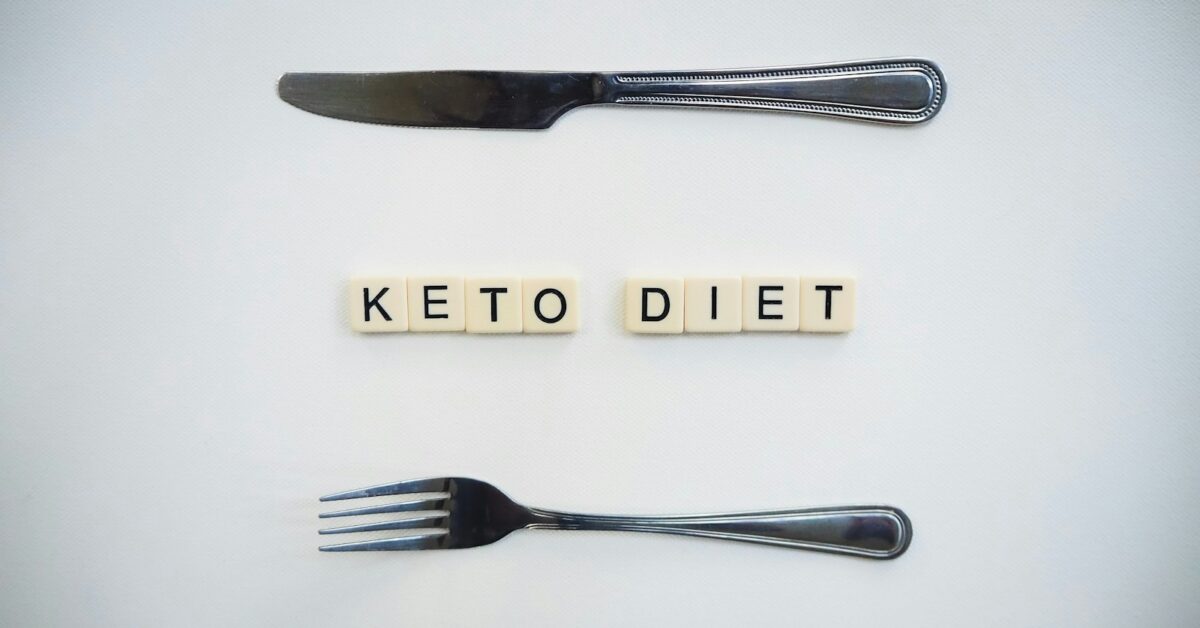Keto No Appetite: Understanding the Phenomenon
One of the most common side effects experienced by individuals following a ketogenic diet is a decrease in appetite. This phenomenon, often referred to as “keto no appetite,” can be both fascinating and perplexing. In this article, we will delve into the reasons behind this reduced hunger, explore the potential benefits and drawbacks, and provide valuable insights for those considering or currently following a ketogenic diet.
The Science Behind Keto No Appetite
When the body enters a state of ketosis, it switches from using glucose as its primary fuel source to utilizing ketones produced from fat. This metabolic shift has several effects on appetite regulation:
- Increased satiety hormones: Ketosis promotes the release of hormones such as cholecystokinin (CCK) and peptide YY (PYY), which signal fullness and reduce hunger.
- Stabilized blood sugar levels: By limiting carbohydrate intake, the ketogenic diet helps regulate blood sugar levels, preventing the spikes and crashes that can trigger hunger.
- Reduced ghrelin production: Ghrelin, often referred to as the “hunger hormone,” is suppressed on a ketogenic diet, leading to decreased appetite.
The Benefits of Keto No Appetite
While the lack of appetite on a ketogenic diet may initially seem concerning, it can actually offer several benefits:
- Weight loss: The reduced calorie intake resulting from decreased appetite can contribute to weight loss, making the ketogenic diet an effective tool for those seeking to shed excess pounds.
- Improved insulin sensitivity: By minimizing carbohydrate consumption, the ketogenic diet can enhance insulin sensitivity, potentially benefiting individuals with insulin resistance or type 2 diabetes.
- Enhanced mental clarity: Many individuals report improved focus and mental clarity while in ketosis, which may be attributed to the stable energy levels and absence of blood sugar fluctuations.
Potential Drawbacks and Considerations
While keto no appetite can be advantageous for some, it is essential to consider potential drawbacks and individual variations:
- Nutrient deficiencies: Reduced appetite may lead to inadequate nutrient intake if not carefully monitored. It is crucial to prioritize nutrient-dense foods and consider supplementation if necessary.
- Difficulty meeting caloric needs: Individuals with higher energy requirements, such as athletes or those with physically demanding jobs, may struggle to consume enough calories to support their activities. Careful meal planning and tracking can help address this issue.
- Psychological factors: Some individuals may find the lack of appetite challenging to navigate psychologically, especially if they have a history of disordered eating or emotional eating habits. Seeking support from a healthcare professional or registered dietitian can be beneficial in such cases.
Strategies to Address Keto No Appetite
If you are experiencing keto no appetite and find it challenging to meet your nutritional needs, consider implementing the following strategies:
- Focus on nutrient-dense foods: Prioritize foods rich in vitamins, minerals, and essential fatty acids to ensure you are meeting your nutritional requirements despite reduced appetite.
- Experiment with meal timing: Some individuals find that adjusting their meal timing, such as incorporating intermittent fasting or consuming smaller, more frequent meals, helps them consume enough calories.
- Consider targeted supplementation: If you struggle to meet your nutrient needs through food alone, consult with a healthcare professional or registered dietitian to determine if targeted supplementation is necessary.
Understanding the phenomenon of keto no appetite can help individuals following a ketogenic diet navigate this unique aspect of their journey. By recognizing the underlying mechanisms, potential benefits, and possible challenges, individuals can make informed decisions and optimize their experience on a ketogenic diet.
